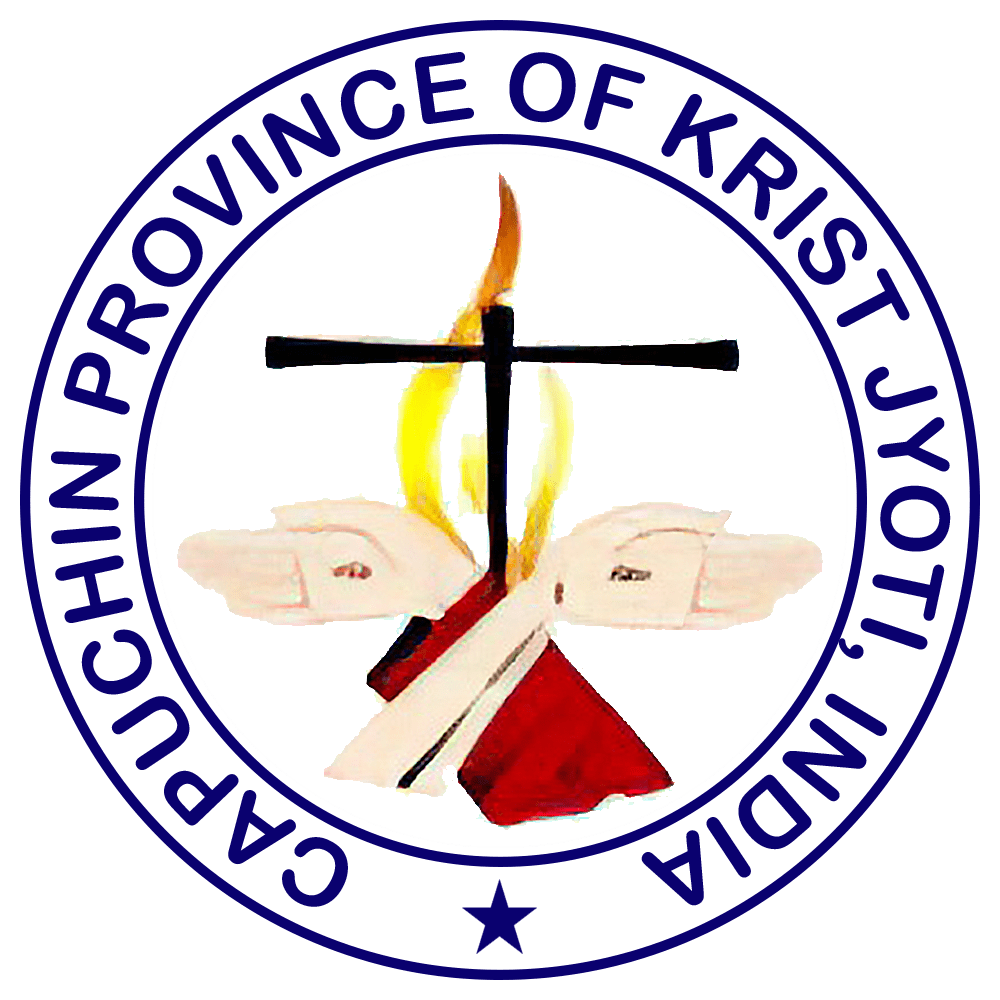Alverna Friary, Dalhousie
In the month of May, 1890, Br. Pelekmans - a Belgian Capuchin bought a spacious building named “Clydesdale” and a plot of four acres of land on Potreyn Hill at Dalhousie which was owned by a certain Captain in the army who had bought it in an auction on July 28, 1861. On December 08, 1890, he named it “Alverna” and began to stay there. In the beginning, it was used as a study house. In 1891, Br. Pelekmans laid the foundation stone for the Church. On August 15, 1894, it was completed and blessed by Bishop Emmanuel Vanden Bosh OFM Cap. of Agra.
In 1953, the Belgian Capuchins handed over Dalhousie to the British Capuchins who in turn handed over Alverna, Dalhousie to the Indian Capuchins in the year 1972. Br. Boneventure of Ragusa was appointed the first Chaplain of Dalhousie. He bought a small plot of land on the Bolum Hills where he built a presbytery and chapel. It was here that Bishop Symphorian Moural, the first Bishop of Lahore ordained the first priests for the mission of Lahore.
Br. Bernardine Valiaprampil, from St. Joseph’s Province, reached Alverna, Dalhousie in April, 1973 and worked as the parish priest till March 08, 1979. He died of a heart-attack in the confessional. In 1980, Br. Hyacinth Kochery opened a nursery school which continues till today.
Alverna Ashram, Dalhousie completed 100 years of its existence on December 08, 1990. The Centenary of St. Francis Church was on August 15, 1994. A Centenary Memorial, a Sacred Heart Shrine was put up in the Church compound near Subash Chowk by Br. D. James, and it was blessed by Bishop Symphorian Keeprath OFM Cap. on November 16, 1995.
Besides the Chamba sub-station, St. Patrick’s Church built in 1909 inside the Dalhousie Cantonment was also looked after by the friars. Br. D. James established a multipurpose institute for typing, tailoring, embroidery, and computer training.
